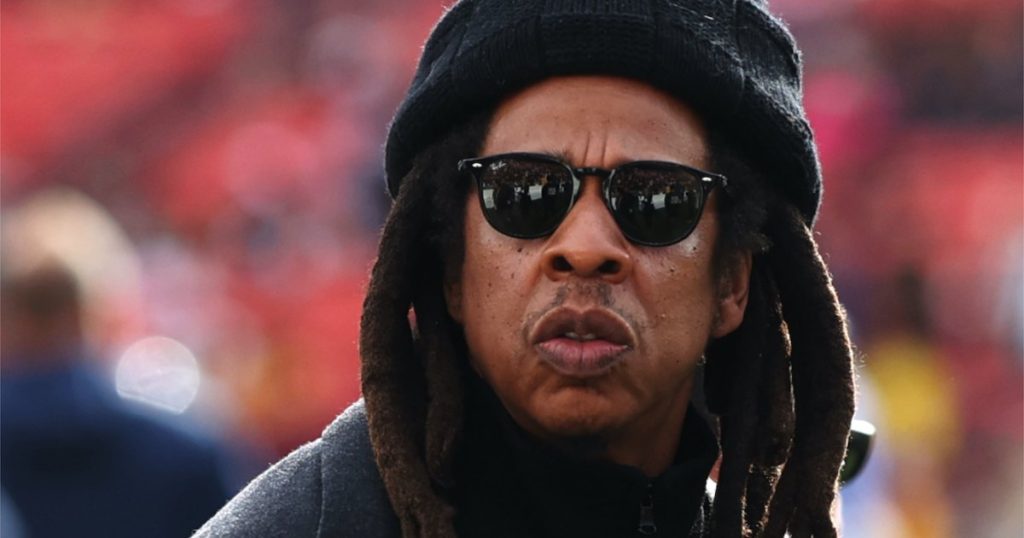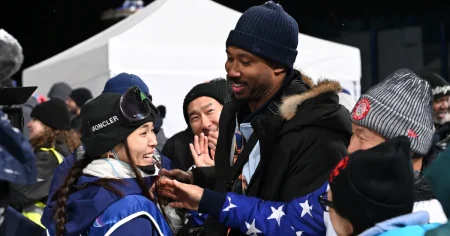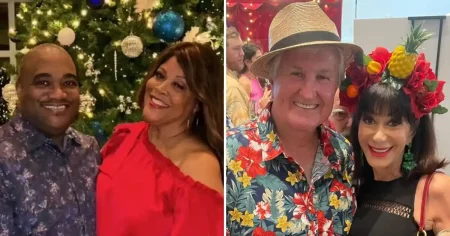The unidentified woman, known as Jane Doe in legal documents, who accused Jay-Z (Shawn Carter) and Sean “Diddy” Combs of sexual assault, has publicly addressed inconsistencies in her allegations, maintaining her stance despite challenges to her account. Doe claims the assault occurred at an MTV Video Music Awards afterparty in 2000 when she was 13 years old. She alleges that she was given a drugged drink and subsequently raped by Jay-Z while Diddy and another female celebrity were present. Doe’s lawsuit, initially filed against Diddy alone in November, was amended in December to include Jay-Z. She asserts that Jay-Z held her down and covered her mouth while assaulting her.
Both Jay-Z and Diddy vehemently deny the allegations. Jay-Z has questioned the lack of a criminal complaint and suggested that such serious accusations warrant a pursuit of true justice. He has publicly challenged the veracity of Doe’s claims through a statement to the media and via Roc Nation’s social media platform. These strong denials underscore the conflicting narratives at the heart of this case, setting the stage for a potentially complex legal battle. The stark contrast between Doe’s accusations and the defendants’ denials highlights the crucial role evidence and witness testimony will play in determining the outcome of the lawsuit.
Following the alleged assault, Doe claims she went to a nearby gas station to call her father for a ride home. She describes being visibly upset but says her father, who picked her up, did not inquire about the incident. However, Doe’s father has contradicted her account, stating he doesn’t recall picking her up from the gas station that night, a location approximately five hours from their home. Doe attributes this discrepancy to arguments within her family regarding memories of events around that time period, asserting that her father often doesn’t remember certain incidents. This conflict in their testimonies introduces further complexities to the case, raising questions about the reliability of memory and potentially impacting the credibility of Doe’s narrative.
Additional inconsistencies have emerged in Doe’s account. She mentioned speaking with Joel and Benji Madden at the afterparty, but the Good Charlotte members have confirmed they were on tour at the time and didn’t attend the event. Doe acknowledged potential mistakes in identifying individuals present, attributing this to the trauma of the alleged assault. Furthermore, there have been discrepancies in her description of the house where the alleged incident occurred, with her legal team currently trying to verify the location. These inconsistencies, while raising questions about the accuracy of certain details, do not necessarily negate the core allegation of assault.
Doe’s decision to come forward after so many years is also a significant aspect of the case. She explained that she initially felt that no one would believe her account against two high-profile celebrities. This delay in reporting the alleged assault, coupled with the inconsistencies in her account, presents a challenging legal landscape. It underscores the difficulties faced by individuals who accuse powerful figures of wrongdoing, particularly when substantial time has elapsed since the alleged incident.
The case, therefore, revolves around the conflicting accounts of the accuser and the accused. Doe maintains that she was assaulted, while Jay-Z and Diddy categorically deny the allegations. The discrepancies in Doe’s account, including her father’s denial and the Madden brothers’ alibi, create further challenges for her case. However, Doe emphasizes the importance of speaking out and advocating for oneself, regardless of the obstacles. The outcome of the lawsuit will likely hinge on the credibility of the different testimonies, the evidence presented, and the legal interpretations of the events in question. The case highlights the complexities of historical sexual assault allegations and the challenges involved in seeking justice after a significant period.














